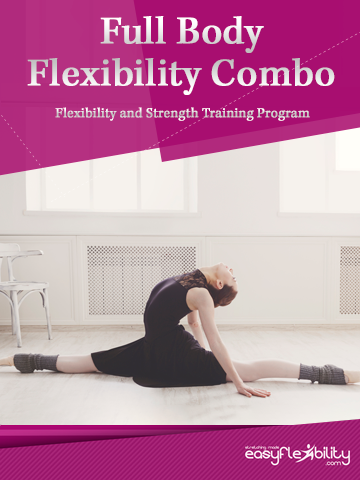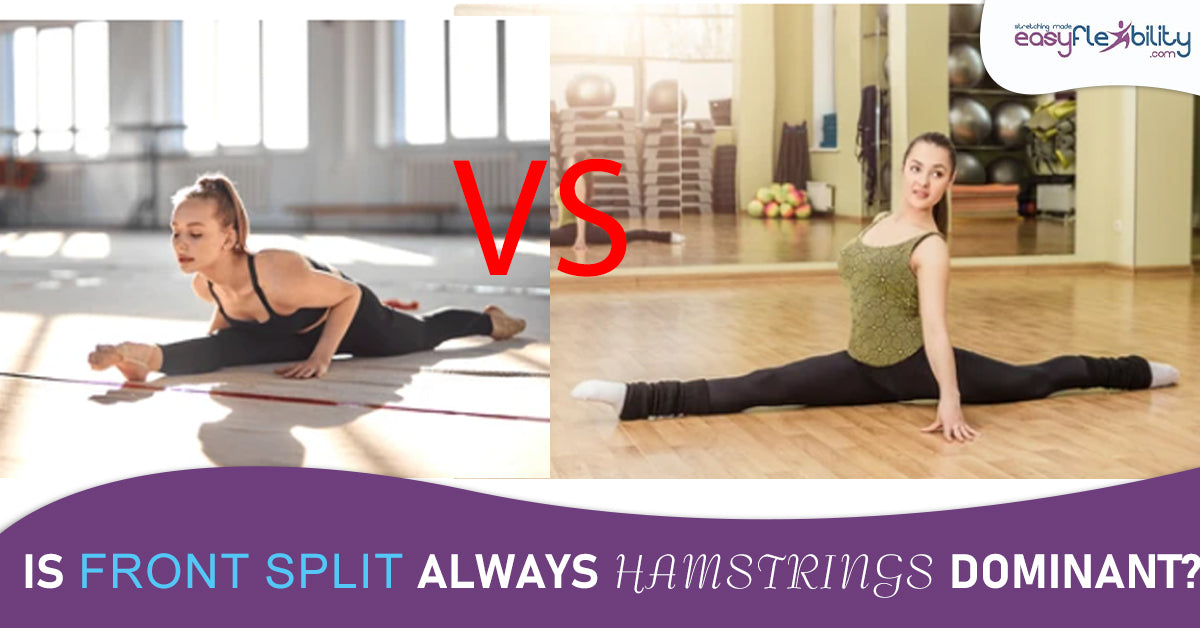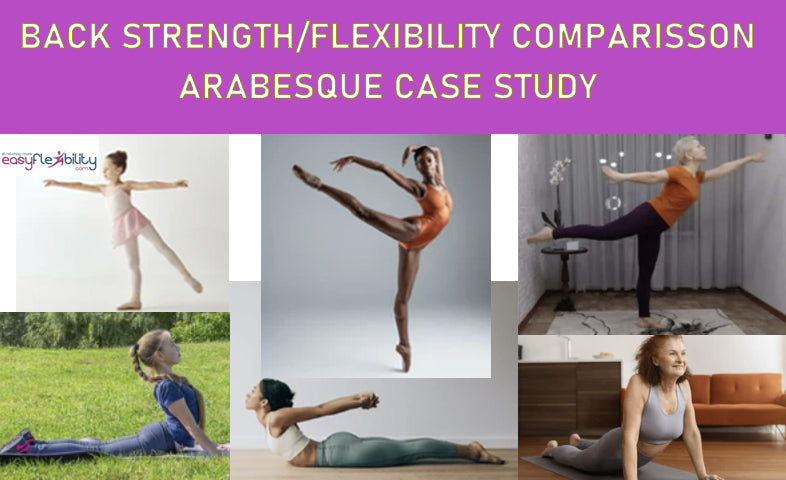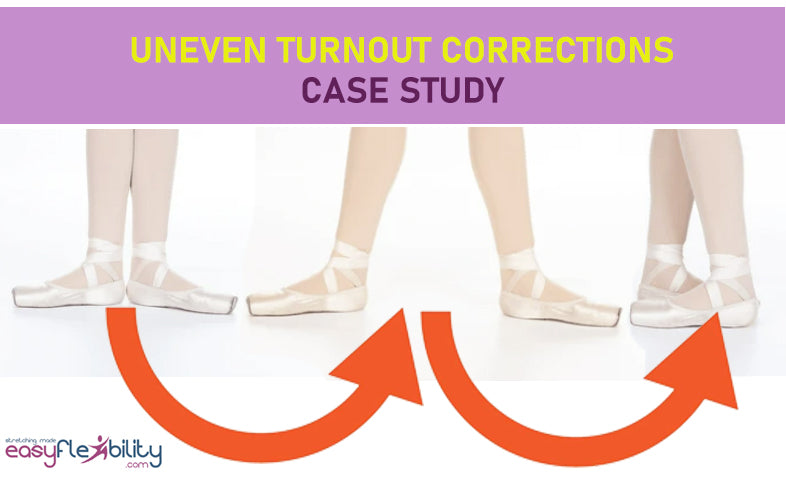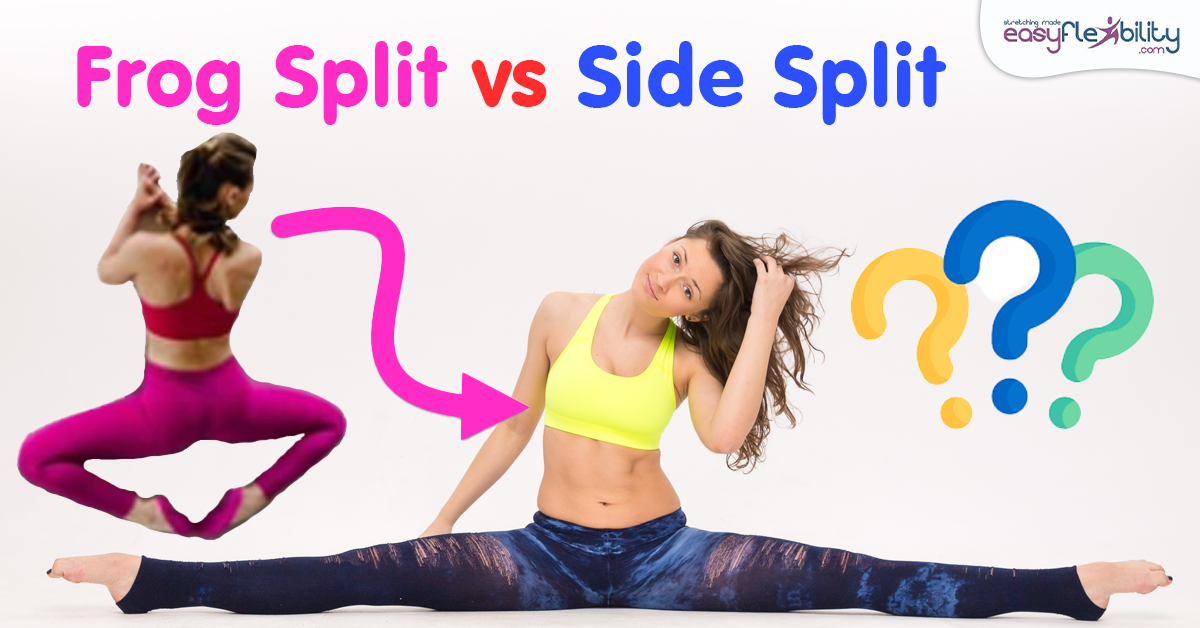You’re Only as Strong as Your Weakest Link
Posted by Paul Zaichik on

ZST for strength sports
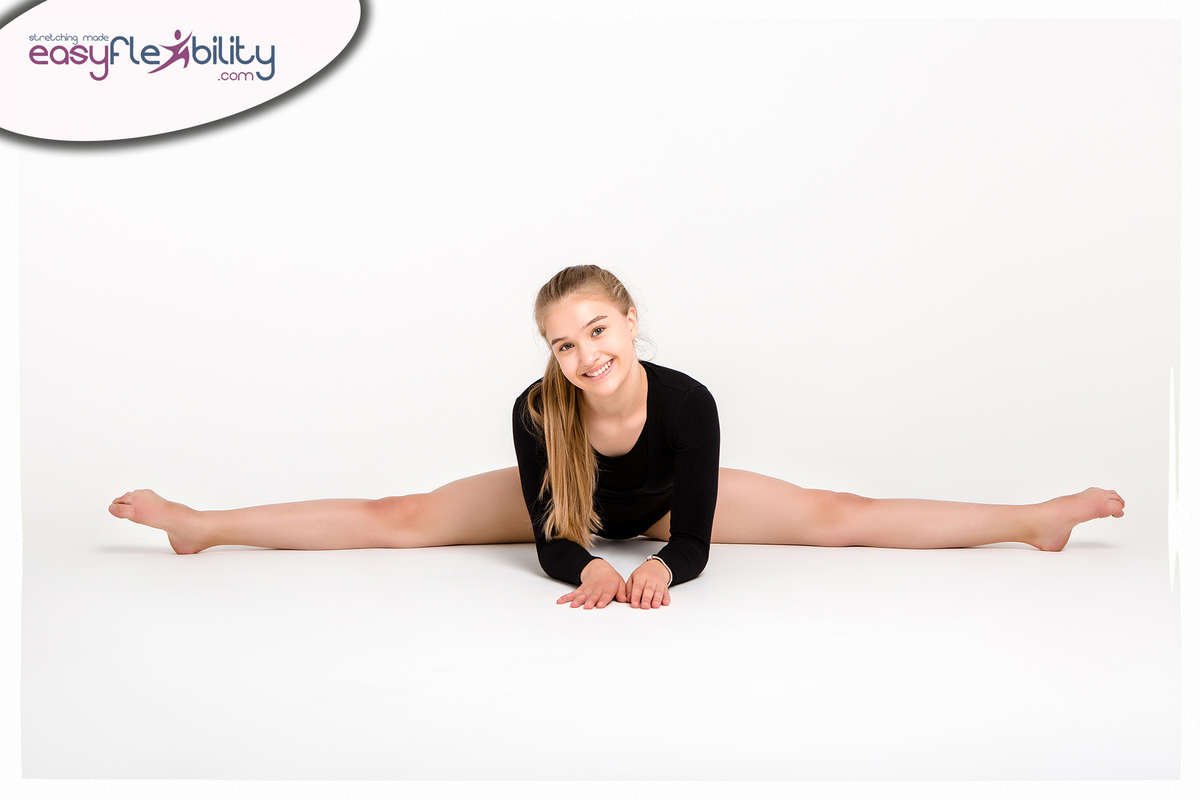
When we talk about flexibility, the first thing that comes to mind is a soft lengthened position such as a side split, we also think of it as a vulnerable posture,
However it’s important to understand that our body will only allow us to go into the deepest ROMs when it feels it’s safe to do so, and the only way it will feel safe to do so is if it’s strong in that position.
So, while most people think of strength and flexibility as almost opposing, it couldn’t be further away from the truth.
So, while most people think of strength and flexibility as almost opposing, it couldn’t be further away from the truth.
The bench press
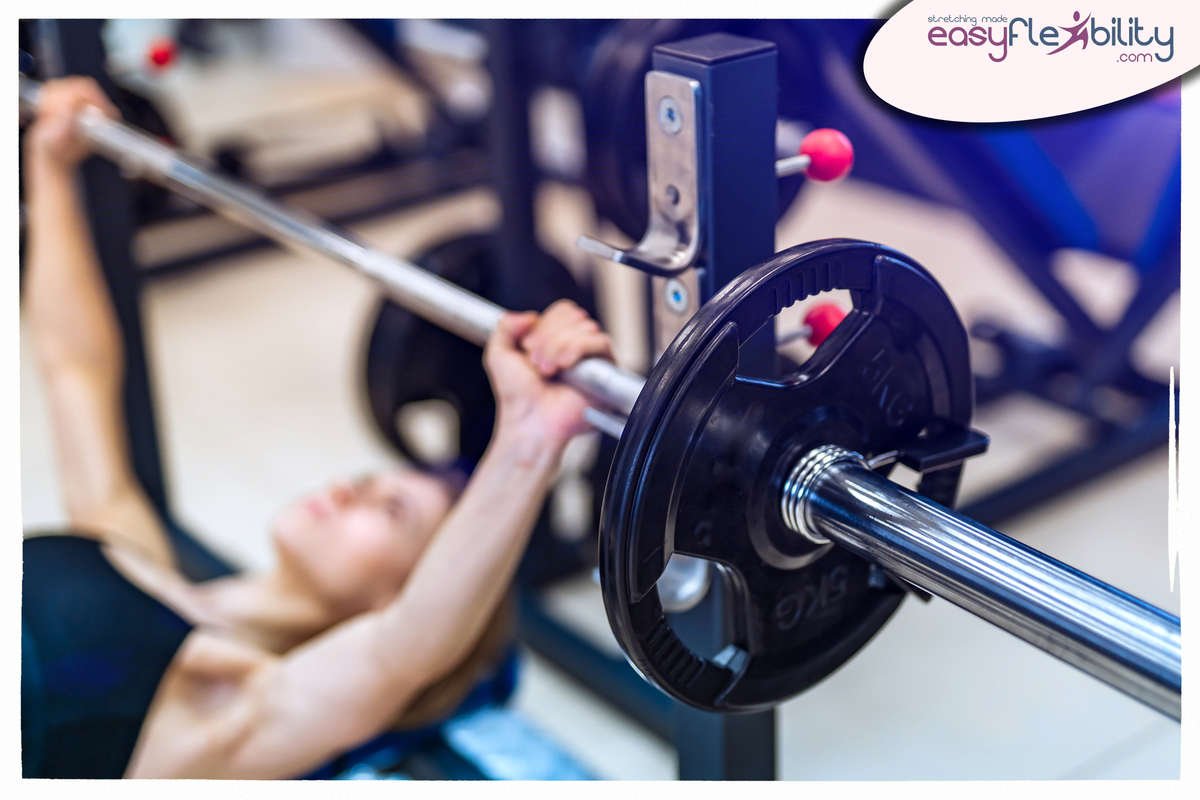
Since the focus is strength sports, we’ll take the bench press as an example.
We all know that the arch used for Powerlifting, has the purpose of protecting the shoulders help better activate the lower pectoral muscles, while keeping the spine safe and improve leg drive.

However the depth of you arch will solely depend on how strong your back muscles are in the position, so the endless hours of stretching will yield suboptimal results if you don’t lock that new acquired flexibility, but we all know you can’t go benching right after stretching, right?
So what do we do?
With the ZST, we are taught not only the best kinesiological stretch to accomplish the most amount of flexibility on the abdominal muscles, but also the best strengthening exercise for the spinal erectors so we lock those flexibility gains into place.
Let’s review the technique called ~Perception~
- First, you go into the Cobra position and with the hands under the shoulders push yourself up,
- Now from the hip rotate your body to the right
- And when you return to the front facing position you push yourself further away from the floor,
- Now turn to the left and when you come back you push yourself further away.
This technique allows your body to create space for you to stretch even further, but you don’t want to stay too long in either position, as the “trick” is to avoid the stretch reflex, once you reach a maximum stretch you have acquired a new ROM, and it’s time to secure it into place with the accompanying strengthening exercise.
Securing the gains
- Return to the cobra position and slightly push your torso slightly away from the floor,
- Raise the hands from the floor and hold for five seconds,
- Drop the hands and push your torso a little bit more,
- Raise the hands once more, and repeat five times in total, as you progress hold the hands off the floor up to 20 seconds.
This will strengthen the back muscles and will make the abdominals safe in the stretch position.
You will see great progress if you incorporate this routine after every session
Get your full training program below:
© ElasticSteel Corp., EasyFlexibility, Paul Zaichik, et. El., 2022. No part of the materials available through ElasticSteel.com, EasyFlexiiblity.com, site may be copied, photocopied, reproduced, translated or reduced to any electronic medium or machine-readable form, in whole or in part, without prior written consent of Paul Zaichik EasyFlexibility.com, Elasticsteel.com.. Any other reproduction in any form without the permission of Paul Zaichik EasyFlexibility.com, Elasticsteel.com is prohibited. All materials contained on this site are protected by United States copyright law and may not be reproduced, distributed, transmitted, displayed, published or broadcast without the prior written permission of Paul Zaichik, EasyFlexibility.com, Elasticsteel.com.
Share this post
0 comment

